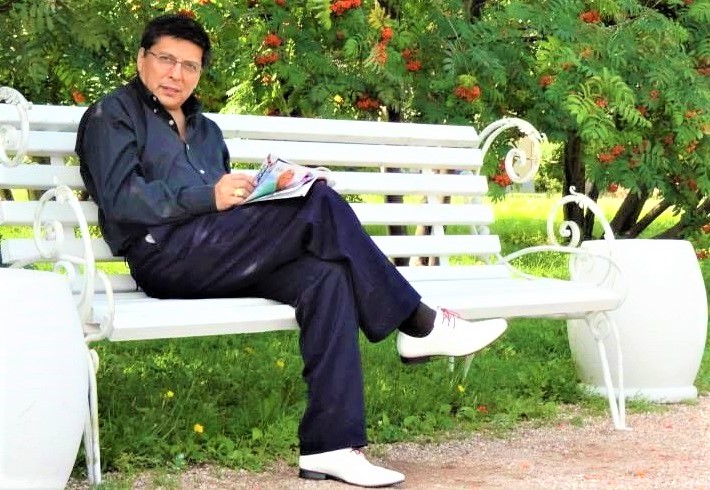.jpg) |
| León Trotsky |
by Jorge Aliaga Cacho
Since its publicaction in 1930, "My Life", the autobiogrphy of Trotsky, has been recognised as one of the world's great auobiobgrapies. 'Its literary qualities alone make it a valuble human document' opines the book editor.
Leon Trotsky is undoubtedly one of the most prominent leaders of the Russian Revolution, second only to Lenin. The book was written during the first year of Trotsky's exile in Turkey. Es una interesante historia que cubre las revoluciones de 1905 y 1917 and the starting of the young workers and peasants government. It tell us about the fight to defend the international course of the revolution, championed by Lenin, against the 'counterrevolutionary policies of growing petty-bourgeois social layer headed by Joseph Stalin.' In the introductory part of the book Joseph Hansen, Trotsky's secretary from 1937 until his assassnation in 1940, give an account of Trotsky's struggle in exile. A 702 hundred pages book that I am sure will enlight us about the life of this great man. The book contains forty five chapters and the first one is entitled Yanovka, which is the name of Trotsky's place of birth, in Ucraine. This chapter starts with his considerations of Childhood and he tells us that 'childhood is looked upon as the happiest time of life. Is that always true? No, only a few have a happy childhood originated in the old literature of the privileged; A secure, affluent, and uncluded childhood, spent in a home of inherited wealth and culture, a childhood of affection and play, brings back to one memories of a sunny meadow at the beginning of the road of life. The grandees of literature, or the plebeians who glorify the grandees, have canonized this purely aristocratic view of childhood. But the mayority of the people, if it looks back at all, sees, on the contrary, a childhood of darkeness, hunger and dependence. Life strikes the weak -and who is weaker than a child?' (1).
After, Trotsky writes about his childhood which did not appear to him as a sunny meadow. On the second chapter he writes about his neighbours and his first school. Continues the third chapter with the account of his familia and Odessa, the place where he went to continuo his studies.
This a beautiful biography which I am sure will be to the delight of readers with enquiring minds.
(1) Trotsky, Leon; My Life, pag.45, Pathfinder. New York, 2001

No hay comentarios:
Publicar un comentario